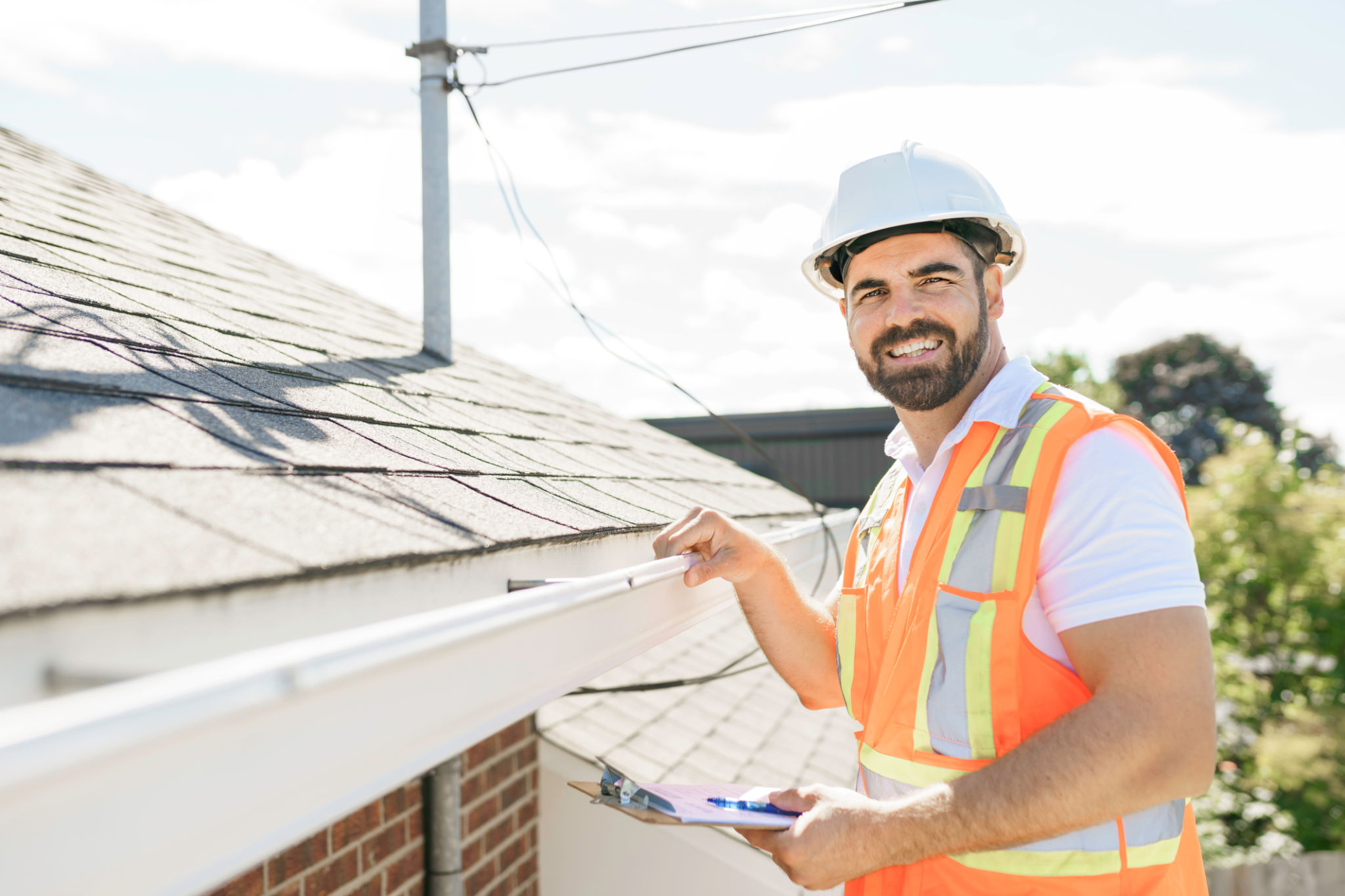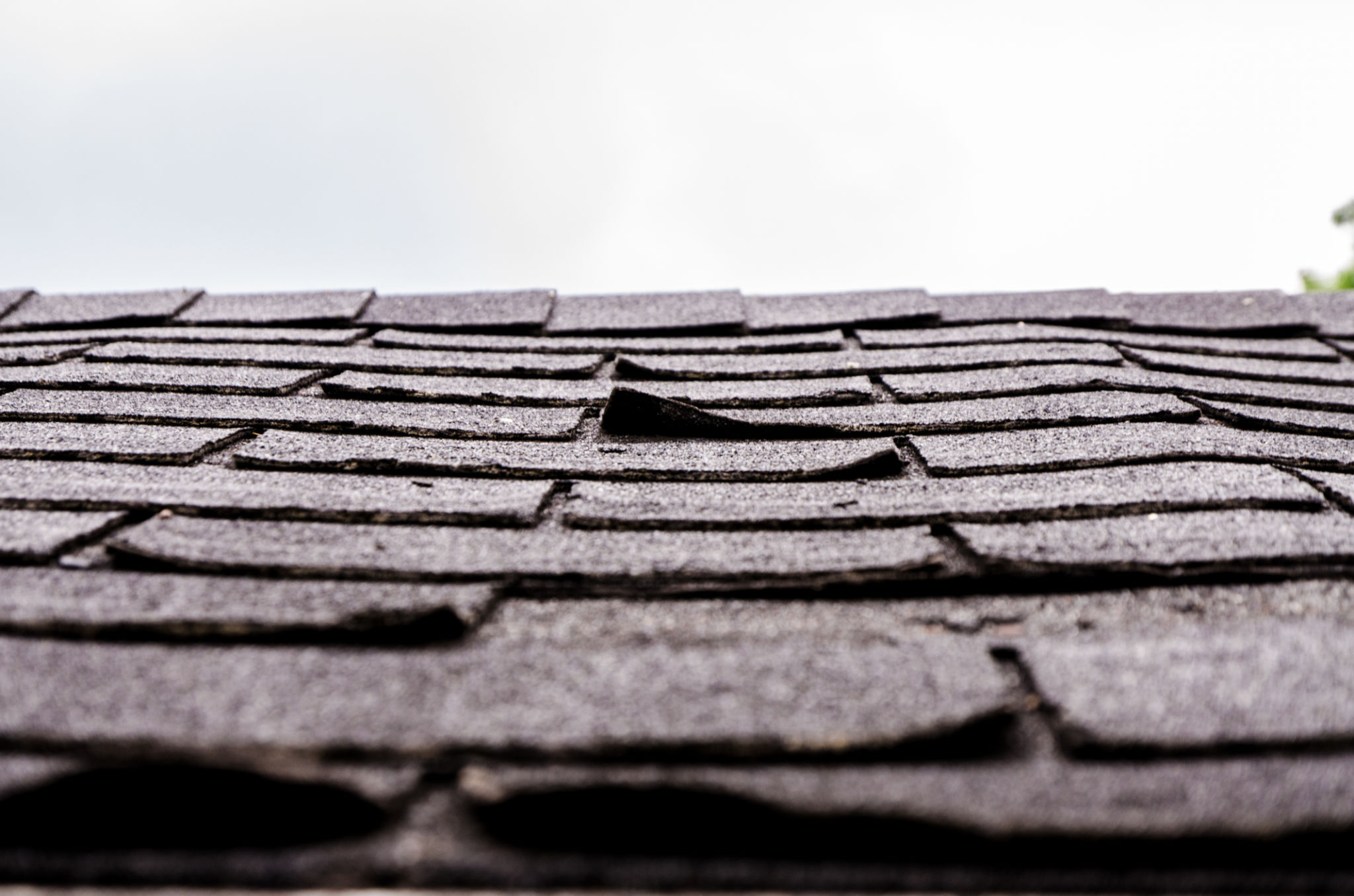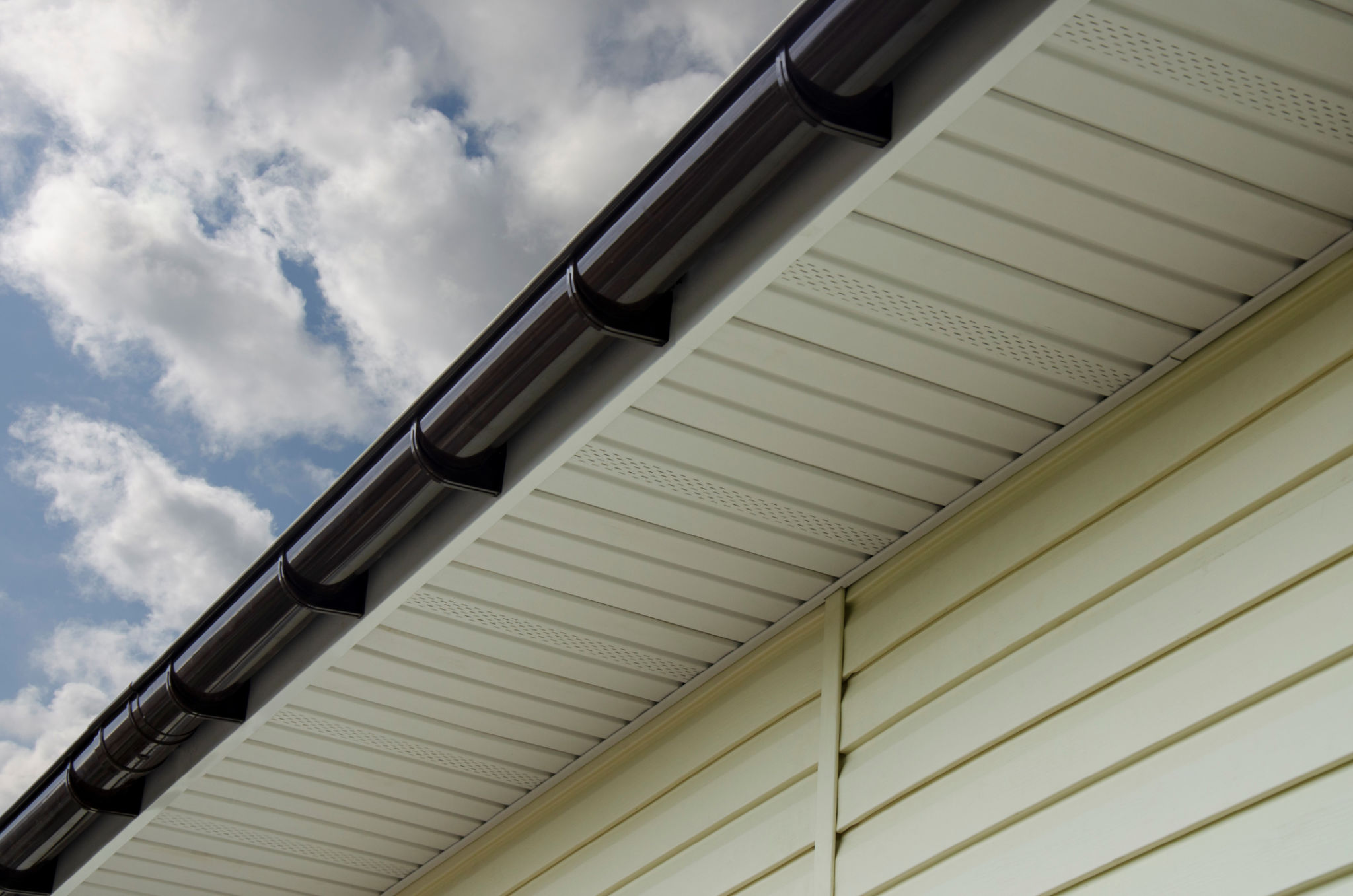DIY Roof Inspection Tips for Boston Residents
Why Regular Roof Inspections Are Essential
For homeowners in Boston, regular roof inspections are a crucial part of maintaining the integrity and longevity of your home. The city's unique weather patterns, characterized by heavy snowfalls in winter and occasional storms throughout the year, can take a toll on your roof. Conducting a thorough inspection at least twice a year can help identify potential issues before they become costly repairs.
Performing your own roof inspection can be a cost-effective way to catch small problems early. While some issues may require professional attention, there's a lot you can do on your own to ensure your roof remains in good condition.

Tools You'll Need for a Roof Inspection
Before you start your inspection, gather the necessary tools to make the process smoother and safer. Here is a list of items you'll need:
- Ladder: Ensure it's sturdy and tall enough to reach your roof safely.
- Binoculars: These can be useful for inspecting areas that are hard to reach.
- Notebook and Pen: To jot down any issues you notice.
- Camera: Taking photos can help you document areas that need further attention.
Having these tools at hand will help you conduct a more effective and efficient inspection.
Inspecting Your Roof: What to Look For
When you're ready to start the inspection, there are several key areas to focus on. Begin by checking the overall condition of the shingles. Look for any that are missing, cracked, or curling. Damaged shingles can lead to leaks and further water damage if not addressed promptly.

Next, examine the flashing around chimneys, vents, and skylights. These metal pieces are designed to prevent water from seeping into your home, so it's vital they are in good shape. Rust or cracks in the flashing should be repaired immediately.
Check for Signs of Water Damage
Water damage is a common issue in Boston due to the frequent rain and snow. Inside your attic or top floor, look for any signs of water stains or mold on the ceiling and walls. These could indicate a leak that needs immediate attention. Also, ensure your gutters are clear of debris and that water flows freely through them.

Assessing Roof Ventilation
Proper ventilation is crucial for maintaining a healthy roof. Poor ventilation can lead to moisture buildup, which can weaken the roof structure over time. During your inspection, check that all vents are free from obstructions and functioning correctly.
When to Call a Professional
While DIY inspections are beneficial, there are times when calling a professional is necessary. If you notice extensive damage or are unsure about certain findings, it's best to consult with a roofing expert. They can provide a more detailed assessment and recommend appropriate solutions.
Regular DIY inspections combined with professional evaluations can help ensure your roof remains in top condition, safeguarding your home from the elements. By staying vigilant and proactive, Boston residents can extend the lifespan of their roofs and avoid unexpected repairs.